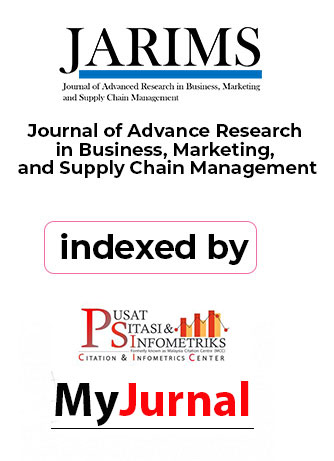Fakhrorazi Ahmad, Hartini Husin, Mohamad Safiai Saad
ABSTRACT
The presence of MNCs in Malaysia is expected to give benefits to the nation’s human capital developments such as through training and knowledge transfer program. The training that affects almost all levels of local employees in MNCs from production operator level to upper-level officers through on-site or off-site training is expected to increase the local employees’ competencies through the presence of effective individual knowledge acquisition at the workplace. Prior to effective individual knowledge acquisition, the individual absorptive capacity of HCN workers is something crucial to be examined. Through this, it will portray the capability of individuals to acquire knowledge in MNCs. Acquiring knowledge in MNCs is one of the important elements for further skill enrichment process that becomes promising factor for HCN workers to increase their skills to a higher level. This behavior is also identified as a turning point for local workers to improve their skills until they become expert or specialist in the related area. The existence of MNCs in Malaysia is assumed to be the best medium for knowledge acquisition activities among locals who serve to that organization. At overall, the study investigates the relationship between two main variables, which is referring to individual absorptive capacity and individual knowledge acquisition.
Keywords: MNCs, Individual Absorptive Capacity, Individual Knowledge Acquisition, HCN Workers






